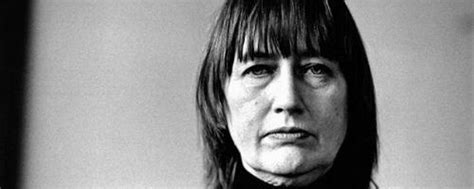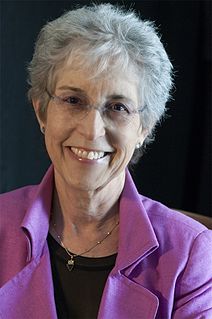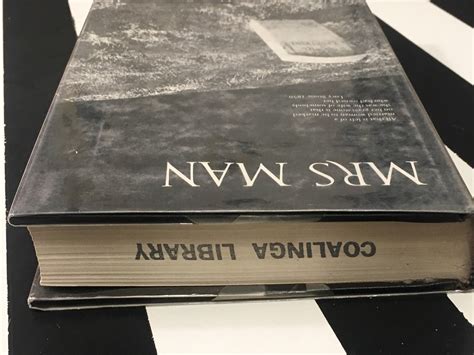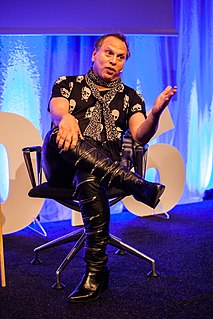A Quote by Mary Harron
They say that depression is anger you turn on yourself, and I think women do that.
Related Quotes
We live in a culture that wants to put a redemptive face on everything, so anger doesn't sit well with any of us. But I think women's anger sits less well than anything else. Women's anger is very scary to people, and to no one more than other women who think: Oh, goodness, well, if I let the lid off, where would we be?
The part of us that feels anger and depression is the same part that feels peace and love. If you refuse to feel the anger and the pain of a loss, you will not be able to feel anything else until that area heals. In other words, stay out of your own way. Let yourself feel bad if you want to feel bad. Feel joy, too. Healing is taking place. Give yourself the gift of healing.
This story ["The Depressed Person"] was the most painful thing I ever wrote. It's about narcissism, which is a part of depression. The character has traits of myself. I really lost friends while writing on that story, I became ugly and unhappy and just yelled at people. The cruel thing with depression is that it's such a self-centered illness - Dostoevsky shows that pretty good in his "Notes from Underground". The depression is painful, you're sapped/consumed by yourself; the worse the depression, the more you just think about yourself and the stranger and repellent you appear to others.
Even in my comedies, I don't take anger as a joke. I think anger and laughter are very close to each other, when you think about it. One of the things I like about a character: I always think it's fascinating when a character can turn on a dime and go from one emotion to another. I like watching that.
Manic depression is a type of depression, technically, and it's the opposite of uni-polar. Manic depression is also called bi-polar disorder. Some people don't like to call it that because they think it makes it sound too nice, when the reality is if you have manic-depression you have manic-depression.





































